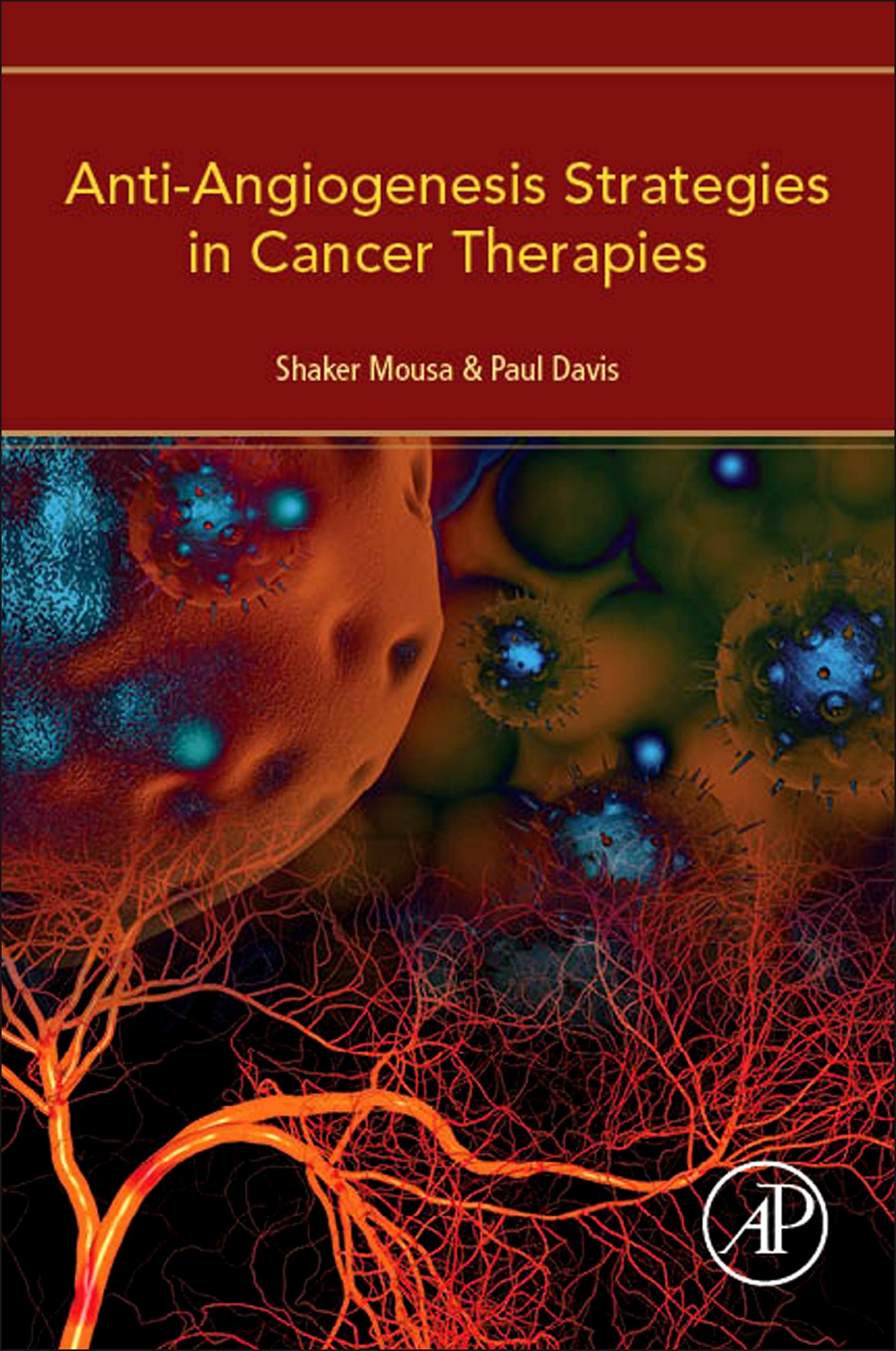Anti-Angiogenesis Strategies in Cancer Therapeutics
| Auflage | 1. Auflage, 2016 |
| Verlag | Elsevier Reference Monographs |
| ISBN | 9780128026731 |
Sofort zum Download (Download: PDF)
Produktbeschreibung
Anti-angiogenesis Strategies in Cancer Therapeutics provides a detailed look at the current status and future directions in the discovery and development of novel anti-angiogenesis strategies in oncology. This book highlights the different mechanisms involved in the modulation of angiogenesis, including inflammation, thrombosis, and microRNA, and shows how nanotechnology can further enhance the potential of existing and new anti-angiogenesis approaches.
Written for industry scientists, researchers, oncologists, hematologists, and professors and students in the field, this comprehensive book covers all aspects of anti-angiogenesis strategies and their differences.
- Covers important preclinical models and clinical trials in the discovery and development of novel anti-angiogenesis agents
- Reviews FDA-approved anti-angiogenesis agents
- Illustrates the value of nanotechnology in improving the utility of anti-angiogenesis agents
- Offers insight into the development of novel anti-angiogenesis agents and future direction in this area
Dr. Mousa came to Albany College of Pharmacy and Health Sciences in 2002 following a career of more than 17 years as a principal research scientist at DuPont Pharmaceuticals Co. Among Dr. Mousa's professional accomplishments are his contributions to many patents - he holds more than 250 U.S. and international patents - and to the discovery and development of novel anti-platelet, anti-thrombotic therapies, non-invasive myocardial perfusion and thrombus imaging agents. Dr. Mousa serves on the editorial boards and as a reviewer for a number of scientific and medical journals, including Journal of Pharmaceutical Sciences, Frontiers in Molecular Neuroscience, Clinical and Applied Thrombosis/Hemostasis, Applied Microbiology and Biotechnology, and PLoS Computational Biology.
